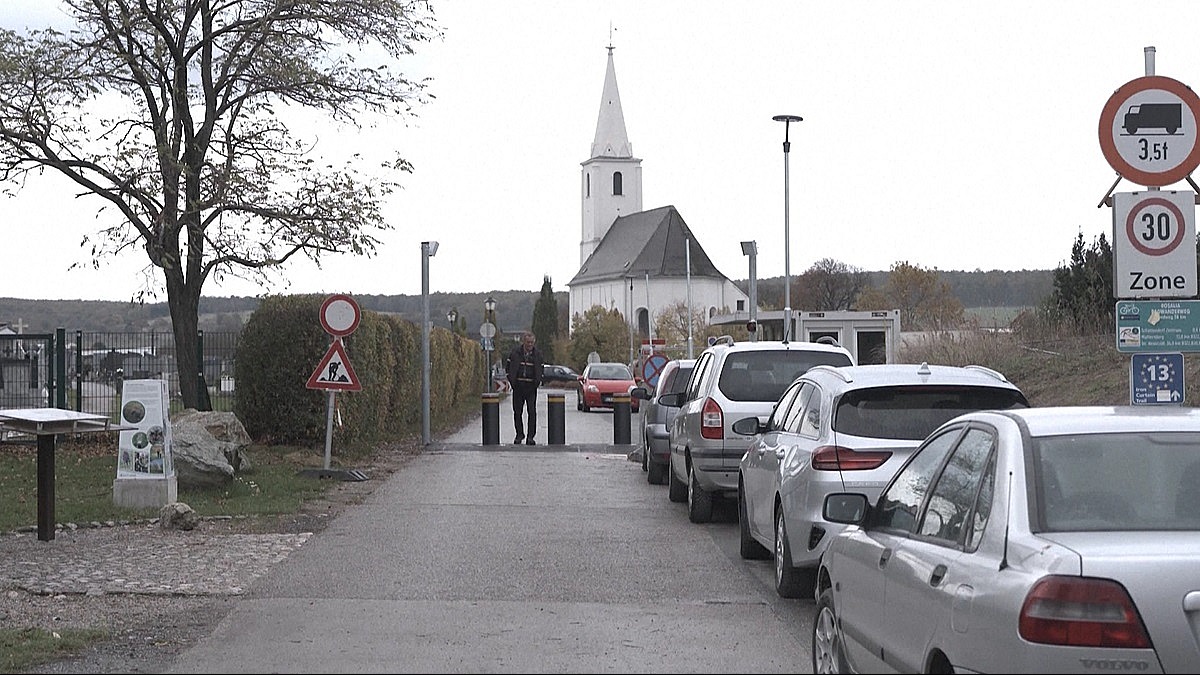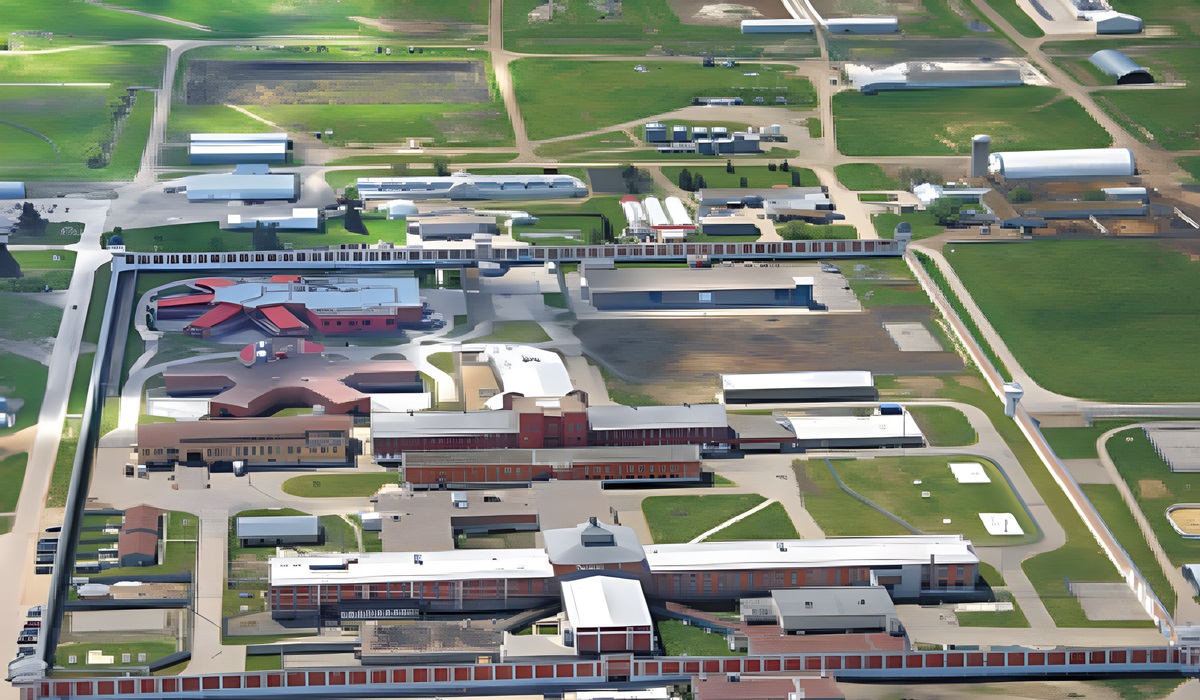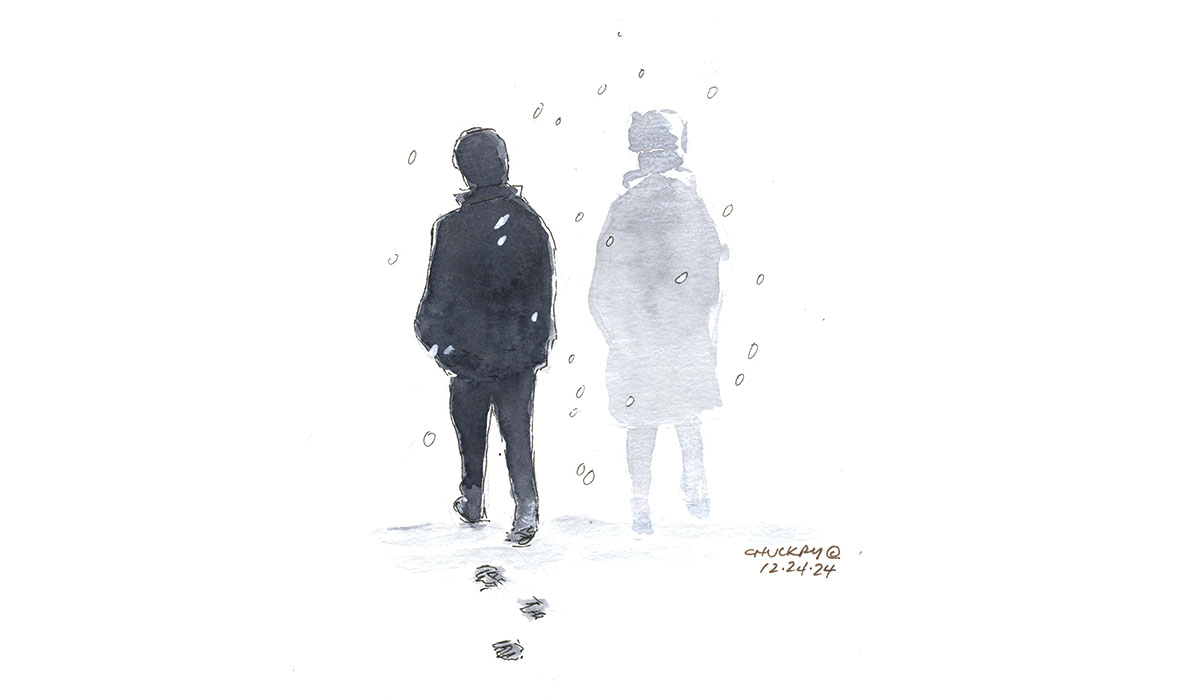Austria-Hungary Border Dispute: Electronic Barriers Ignite Legal Battle
- Kingston Bailey
- D.O.C Supplements - Trending News
- Europe
- November 21, 2023

In a small town at the Austria-Hungary border, Schattendorf, a legal showdown is unfolding as electronic barriers installed earlier this year become the focal point of a civil case set to be reviewed by an Austrian court at the end of November. The controversial move has not only strained relations between the two EU member countries but has also raised allegations of violating the bloc’s principles of free movement.
Since implementing electronic barriers in the summer, the picturesque Schattendorf crossing, a gateway between Austria and Hungary, has witnessed a surge in parked cars. However, this isn’t due to an influx of people entering Austria but rather the result of daily commuters from Ágfalva, Hungary, who now find themselves compelled to purchase a second car. Residents of Ágfalva drive to the border, leave their cars, cross on foot, and continue their journey in another waiting car on the Austrian side.
Officials in Schattendorf argue that the barriers were installed to ease traffic and enhance road safety. Nevertheless, residents of Ágfalva, located on the Hungarian side, assert that the town is breaching EU rules. Austria and Hungary are part of the Schengen Zone, allowing for the free movement of people between EU member states.
Gyula Horváth, a local organizer from Ágfalva, decries the border controls as “discriminatory, inhumane, and against the law,” reflecting the sentiment of Hungarian residents who feel financially burdened by the necessity of either traveling a greater distance to enter Austria or purchasing an additional vehicle.
The dispute has escalated to a lawsuit against the municipality, alleging that the border controls have caused financial harm to Hungarian residents. Peter Taller, the attorney representing the case, envisions a precedent that could enable anyone affected to file similar lawsuits seeking compensation for each instance they are hindered from crossing the border.
Notably, since the installation of the barriers, Hungarian drivers must apply for a crossing permit costing $173, with no approval guarantee. Taller argues that the town of Schattendorf is overstepping its authority by enforcing immigration regulations on a road partly funded by the EU.
As the court prepares to review the case in the last week of November, Taller and his legal team are optimistic about a favorable outcome that may lead to compensation for claimants. Looking ahead, a second case is scheduled before the Austrian Constitutional Court next summer to eliminate the existing barriers permanently.
Taller hopes these legal battles will serve as a deterrent for other municipalities considering similar measures. He emphasizes that the essence of these lawsuits is to uphold the freedom of movement—a fundamental pillar of European integration. In a broader context, Taller and his legal team are gearing up for another lawsuit against Germany, challenging extended border controls in place for nine years at specific crossings with Austria. According to Taller, the preservation of freedom of movement is crucial for maintaining the principles of European unity and civil liberties.








